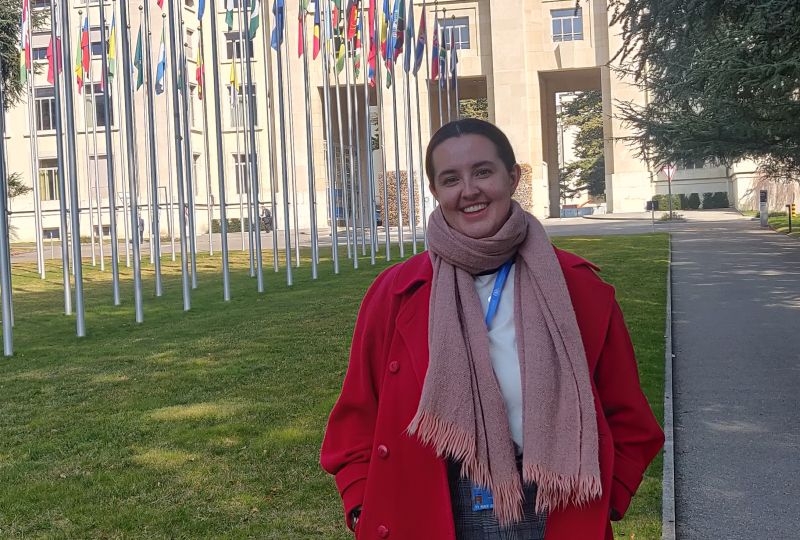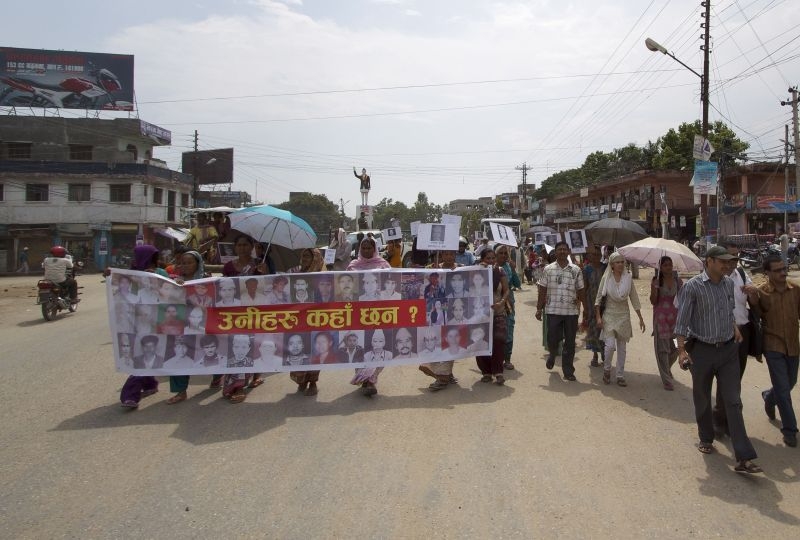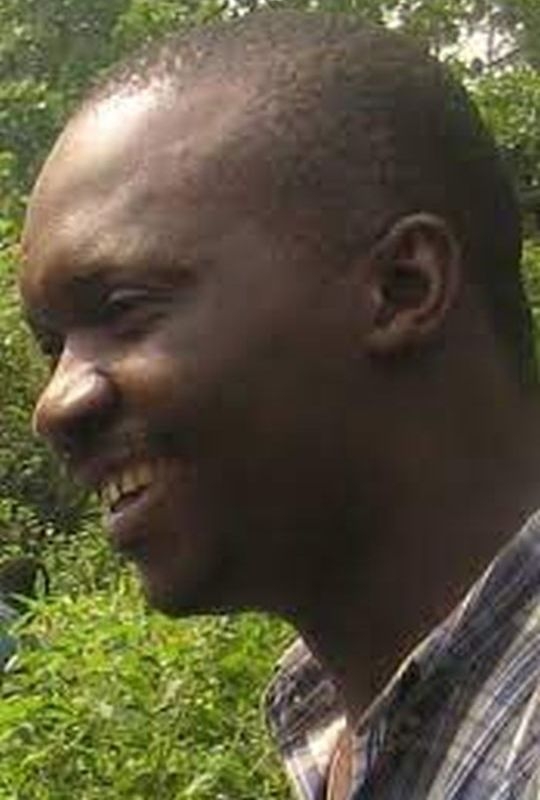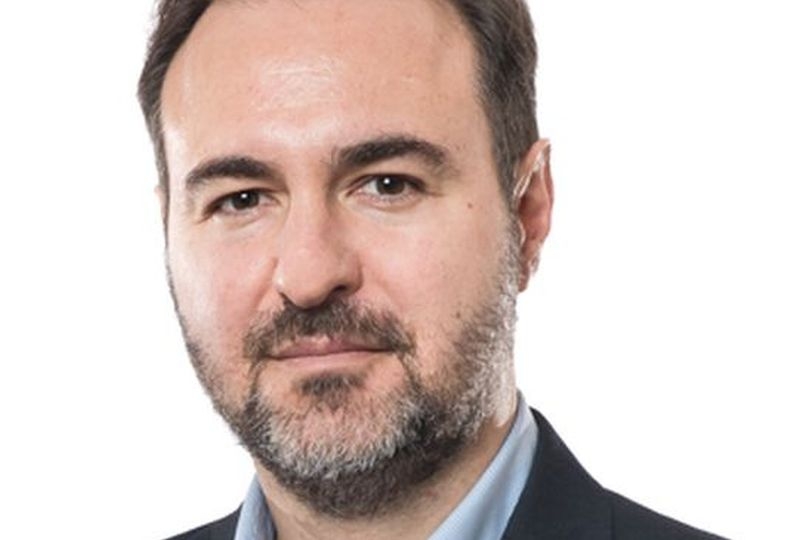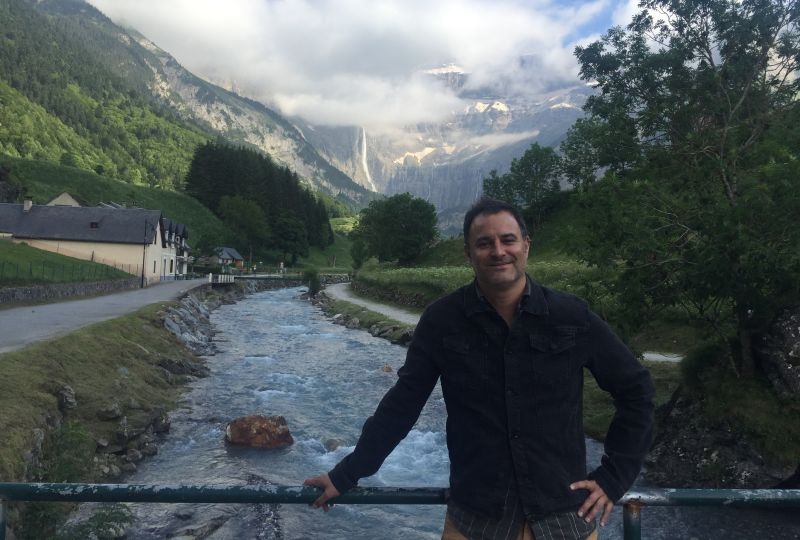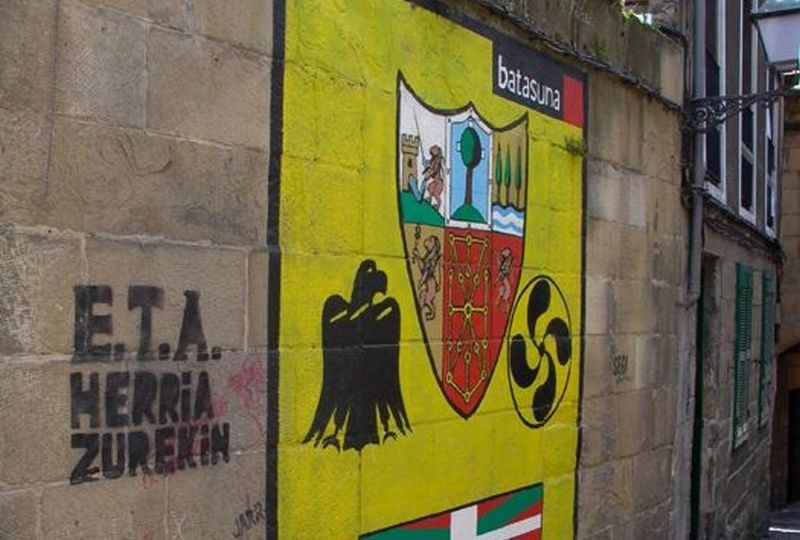Jose Carlos Moreira da Silva Filho is the former vice-president of the Amnesty Commission of the Brazilian Ministry of Justice that addressed human rights violations committed during the dictatorship.
He is a Professor of Law at the Pontifical Catholic University of Rio Grande do Sul, a Researcher at the National Council for Scientific and Technological Development, as well a Guest Professor at the Master in Human Rights, Interculturality and Development of the Pablo de Olavide University and at the Master in Criminology, Criminal Policy and Criminal Law Sociology of the University of Barcelona.
Jose Carlos shared with our students his insights into the Brazilian transitional justice process regarding the last dictatorship and the important role of civil society in pushing forward it. He discussed specific aspects such as reparations and corporate accountability.
‘The process of transitional justice in Brazil began during the dictatorship and had as a major milestone the amnesty campaigns promoted in the 1970s, driven by various sectors of civil society. The Brazilian case is full of decisive and emblematic moments in which the ‘voices from the ground’ were decisive in carrying forward the struggles for truth, memory, justice, and reparation, which, in many cases, were in close harmony with several important institutional initiatives, especially those related to the Special Commission on Political Deaths and Disappearances, the Amnesty Commission, and the National Truth Commission’ says Jose Carlos.
‘His presentation also emphasized the importance of civil society mobilization and their ability to create political pressure which eventually led to the establishment of the three main transitional commissions in Brazil. In countries that may lack the political will to carry through reforms, it is nevertheless essential to acknowledge the impressive work of civil society organizations and their contribution to transitional justice’ explains Ellen.



